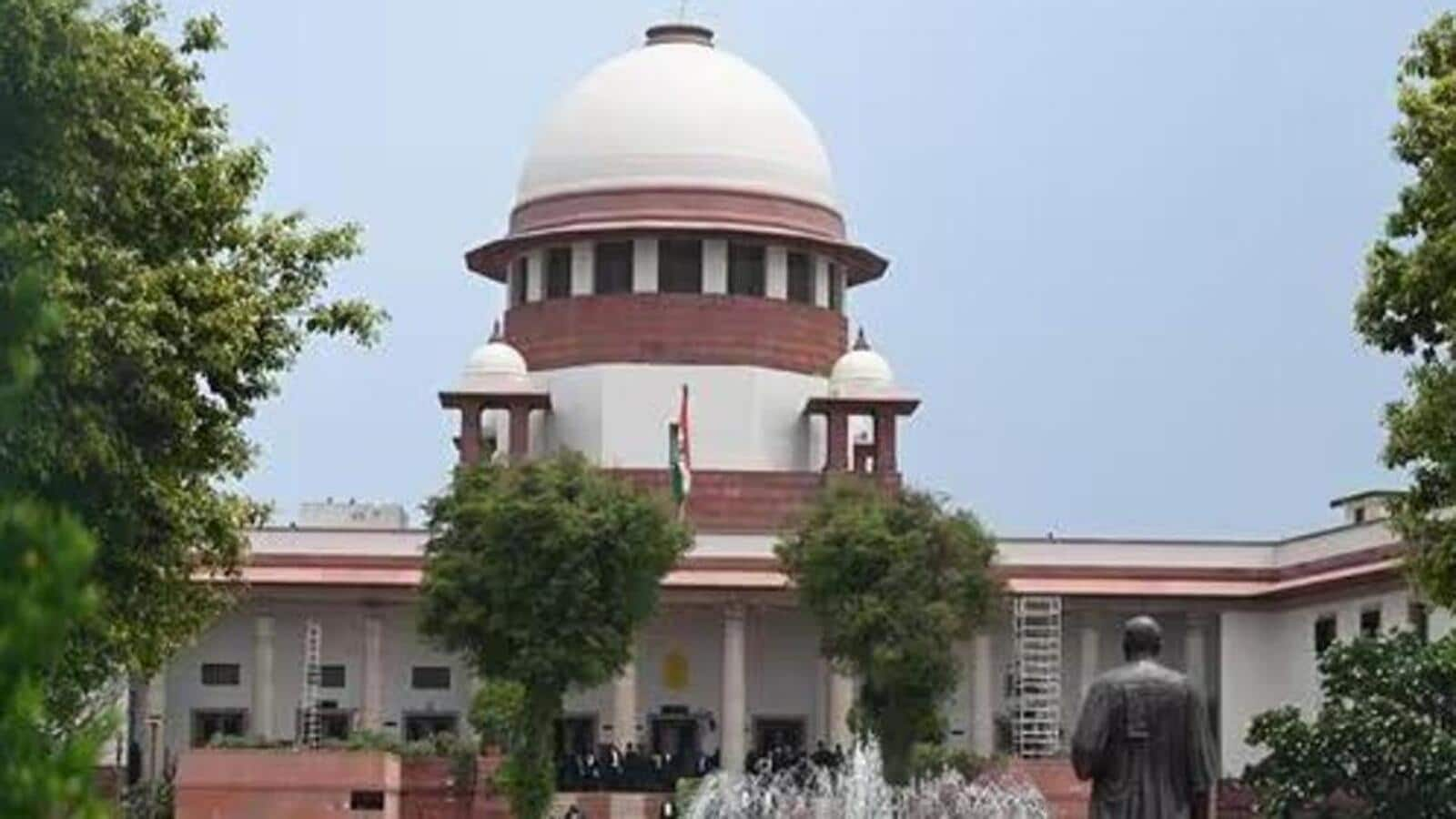
J&K: SC declines to hear plea challenging LG's nomination powers
What's the story
The Supreme Court on Monday declined to entertain a petition challenging the Lieutenant Governor's (LG) power to nominate five members to the Jammu and Kashmir Legislative Assembly. The bench, which included Justices Sanjiv Khanna and Sanjay Kumar, asked senior counsel Abhishek Manu Singhvi to approach the high court instead. "They may nominate, may not nominate... we don't know. Go to the high court. Not everything has to come directly here," they said.
Legal challenge
Petitioner challenges LG's nomination powers under Reorganisation Act
The petitioner, Ravinder Kumar Sharma, a resident of the Union territory, challenged Sections 15, 15A and 15B of the J&K Reorganisation Act, 2019. These sections empower the LG to nominate five members to the assembly. Singhvi argued this power could alter the elected body's composition and undermine the electoral mandate. He further questioned what if they decided to raise the nomination from five to 10 in future.
Court response
SC bench responds to petitioner's concerns
Responding to Singhvi's concerns, the bench said the LG has not exercised this power yet and must have reasons for these provisions. They said the high court should look into this matter. The bench also observed that Sharma's petition seems to have been filed before election results were announced, hinting at a possible attempt at influencing assembly composition post-elections but before government formation.
Government formation
NC-Congress alliance prepares to form government in J&K
The National Conference (NC), headed by Chief Minister-designate Omar Abdullah, won the recent elections with 42 seats in the 90-member assembly. With support from the Congress, Communist Party of India (Marxist), a few independent candidates and the Aam Aadmi Party (AAP), their coalition tally reached 49. This comes as President Droupadi Murmu formally ended five-year-long President's rule in J&K on Sunday, paving way for an NC-Congress alliance government.
Democratic norms
Petitioner's concerns over LG's nomination powers
Sharma argued the LG's power to nominate members threatens the very structure of democracy by changing the composition of the assembly and impacting the majority. He argued Sections 15, 15A and 15B of the Act go beyond the constitutional limits by increasing the assembly's sanctioned strength from 114 to 119 members without amending the law. Sharma also noted other Union territories, including Puducherry, don't increase their assembly size to accommodate nominated members—rendering this increase illegal and violative of democratic norms.